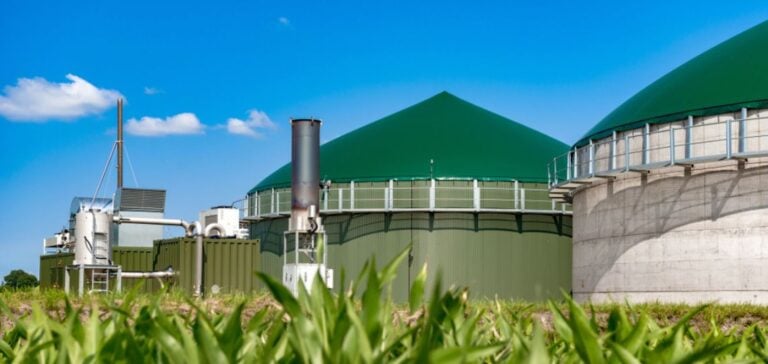The French Ministry of the Economy, Finance and Industrial and Digital Sovereignty recently published two texts aimed at strengthening support for biomethane production in France. Following two years of consultation, these texts establish a system of biogas production certificates (CPB), imposing an obligation on natural gas suppliers to return these certificates.
Suppliers can obtain these certificates either by producing biomethane themselves, or by purchasing them from biomethane producers. This will enable producers to diversify their sources of income by adding the sale of certificates to the physical sale of biomethane. A decree published in 2022 already specified some of the terms of this system, which has now been supplemented by new regulations.
Clear Production Objectives
The targets set by the decree and order of July 6, 2024 are ambitious: 0.8 TWh of CPB in 2026, 3.1 TWh in 2027 and 6.5 TWh in 2028. These targets aim to support the biomethane sector by creating a stable demand for biogas. By 2023, biomethane production in France had already reached 9.1 TWh, surpassing the initial target of 6 TWh set in the Multiannual Energy Programme.
The feed-in tariff guaranteed by the government since 2011 has played a crucial role in this development. The new CPB scheme reinforces this support, guaranteeing additional income for producers.
Implications for the Gas Market
For consumers, this system provides greater transparency on the proportion of biomethane in their gas consumption. For suppliers, this is an incentive to increase the proportion of biomethane in their offer, thereby helping to diversify the national energy mix.
The development of biomethane also represents a significant economic opportunity for the agricultural sector, the main player in this sector. Biomethane production facilities, mainly located in rural areas, benefit from this growing demand, encouraging investment in new production capacity.
With targets set for the coming years, France’s biomethane sector is at a turning point. The new regulations provide a stable, incentive-based framework for industry players, enabling them to plan their investments with confidence.






















